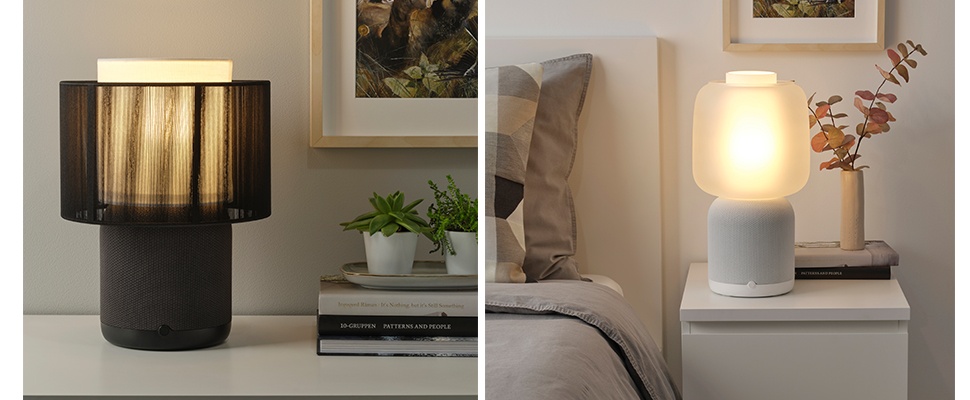
GGDs cannot handle source and contact investigations
When someone is infected with the coronavirus, the GGD must call everyone with whom you have been in close contact. Sometimes this results in a list of up to a hundred contacts. That is much more than estimated beforehand, so the GGDs are overloaded.
An important pillar in the policy against the corona outbreak is the source and contact investigation by the GGD. Unfortunately, a lot goes wrong. The intention is that if you are infected you will be quarantined for two weeks. The people who have been close to you are also at home for two weeks. The GGD must call all housemates and ‘close contacts’, i.e. people who have been within 1.5 meters for more than 15 minutes, or people with whom you have had ‘high-risk contact’ (kissing, coughing in the face). How it is exactly is in the protocol that the GGDs use.
GGD overloaded
That all sounds clear, but from a story in the Volkskrant shows that the practice is unruly. An editor was found to be infected with the corona virus. Officially, contacts must be informed within 48 hours, but the GGD of Amsterdam was too busy for that. The editor herself probably informed her contacts. Not all of them went into quarantine, for various reasons. How can the GGD convince these people? ‘The GGD has little clout and is very dependent on the willingness of those involved to cooperate’, concludes the editor. The GGDs of Amsterdam and Rotterdam have now become so busy that they have had to decide not to call the ‘close contacts’ anymore.
Miscalculation
The NOS has documents in hands, which show why the GGDs are overloaded. The estimate of the required manpower was based on much less close contacts. In the lockdown, people had 2 to 3 contacts in the past two days. That number can now rise to 100. Result: a source and contact investigation takes many more hours, and the GGD is understaffed for that. The European directive had made a higher estimate of the required man-hours, but this was not complied with. In addition, GGDs notice that people do not cooperate well in source and contact investigations.
No quarantine obligation yet
Minister Hugo de Jonge wanted to tackle the problems by forcing people to cooperate and go into quarantine. The mandatory quarantine is already possible by law. In addition, the minister wants to see whether people who come from high-risk areas can be forced to go into quarantine. Yesterday it turned out during the debate in the House of Representatives that this plan is difficult to implement. The minister will therefore continue to investigate what is possible. The minister will also come up with a plan for the upscaling of the GGDs. ‘The source and contact investigation is our dyke reinforcement, which should prevent us from getting a second wave,’ said the minister.














